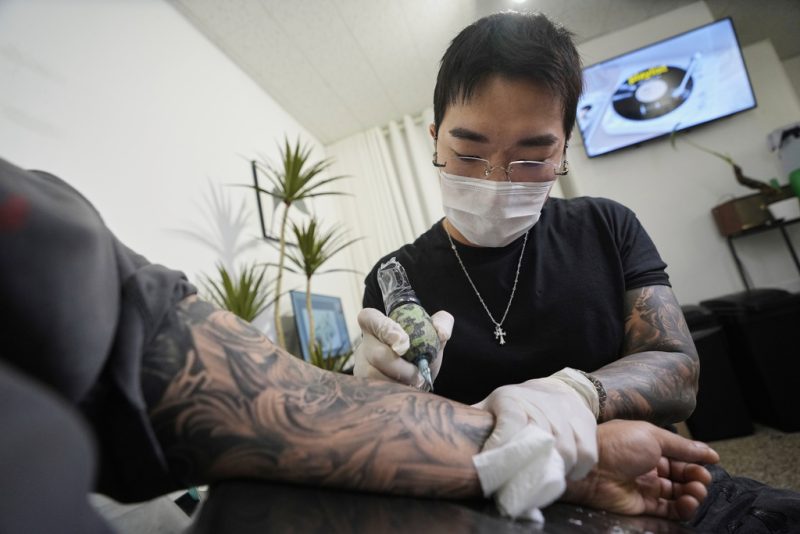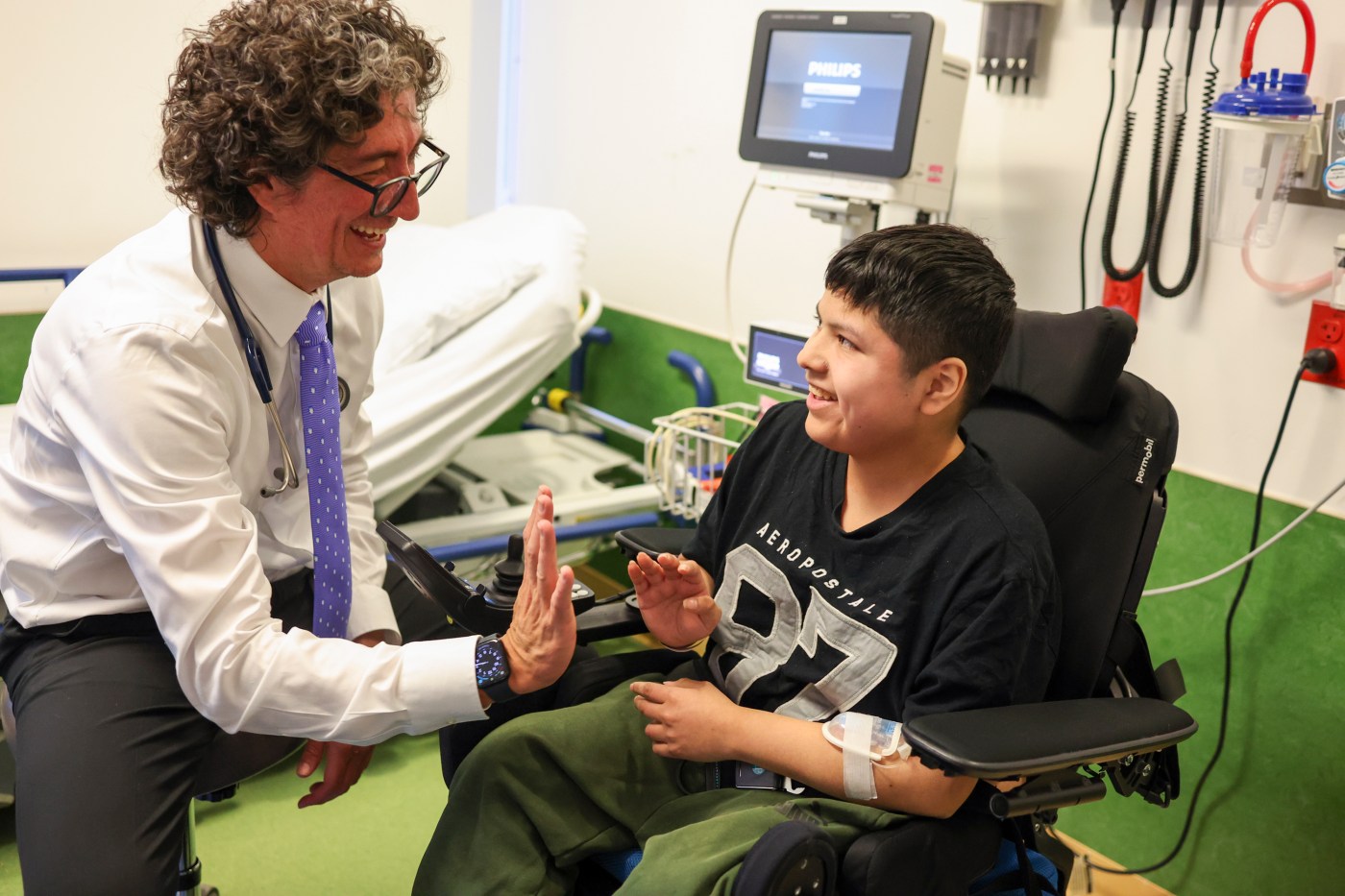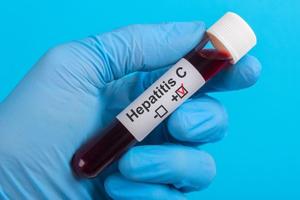Experiencing a sense of malaise after getting a tattoo is often referred to as “tattoo flu.” This phenomenon affects some individuals, particularly those receiving larger tattoos or enduring lengthy sessions. While not an actual virus, this response is attributed to the body’s immunological reaction to what many perceive as a traumatic event.
According to Mary Lupo, M.D., a board-certified dermatologist and adjunct faculty member at Tulane University, the “tattoo flu” is a legitimate reaction. “This absolutely happens,” she stated. “It’s an immune response, and I think it’s very dependent on the individual and their sensitivity.” The size of the tattoo can intensify this response, suggesting that individuals who have had previous tattoos may experience it more acutely in subsequent sessions.
In New York, Timothy Lebron, who works with the tattoo studio Bodiesneedrest, noted that many first-time tattoo recipients also report this phenomenon. “Plenty of people get hit with that foggy, feverish feeling after a tattoo,” he said. The body’s immune system reacts by increasing inflammation and releasing stress hormones, which can lead to symptoms resembling those of a hangover.
Those who have reported experiencing tattoo flu describe a variety of symptoms, including body aches, fever, chills, and nausea. One individual shared on Reddit their experience of feeling “nauseous, hot, and exhausted,” while another described a sensation akin to being “hit by a truck” after receiving a tattoo.
Reflecting on his personal experience, Jeff Garnett, co-founder of InkLess Tattoo Removal in New York City, explained that he felt the effects of tattoo flu after undergoing two ten-hour tattoo sessions in 2020. Garnett characterized the experience as a natural reaction to the trauma of “a metal needle going into your skin thousands of times.”
While Garnett acknowledges the existence of tattoo flu, he raises the possibility that some individuals may simply be succumbing to common viral infections. He theorizes that when the immune system is focused on healing the trauma of a tattoo, individuals may become more vulnerable to other illnesses. “Your body can only handle so much,” he said.
In light of this understanding, Garnett advises against scheduling lengthy tattoo removal sessions. He believes that overwhelming the body can lead to adverse effects. “There is a limit to how much we do in one sitting,” he noted, emphasizing the importance of manageable sessions.
To alleviate the effects of tattoo flu, experts recommend staying hydrated during and after the tattoo process. Lebron suggests consuming a nutritious meal and beverages with higher electrolyte levels. In addition, Lupo recommends considering an anti-inflammatory medication post-session. She remarked, “Most of the time, people sort of treat it symptomatically and deal with it.”
If someone experiences tattoo flu, Lebron recommends not panicking. Instead, he advises resting, drinking water, eating something with salt and carbohydrates, and taking a warm shower. “You’ll usually feel fine by the next day,” he added.
Interestingly, not everyone who receives tattoos experiences this phenomenon. Some individuals report being entirely unaffected, regardless of the number of tattoos they have. As one TikTok user humorously noted, “I didn’t even know tattoo flu was a thing lmao and I’m covered in them.”
In summary, while the “tattoo flu” is a recognized response to the tattooing process, its effects can vary significantly among individuals. Understanding this phenomenon can help those considering tattoos to prepare adequately and manage any potential discomfort.







